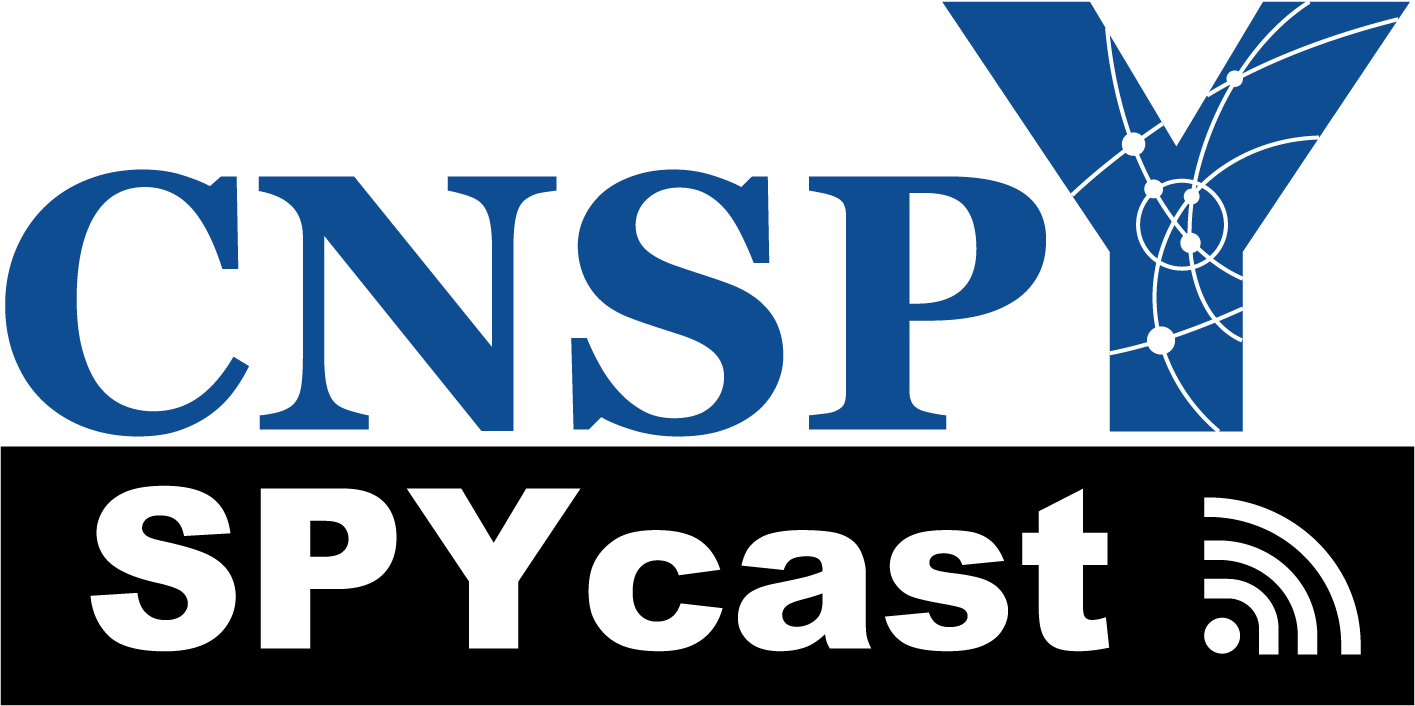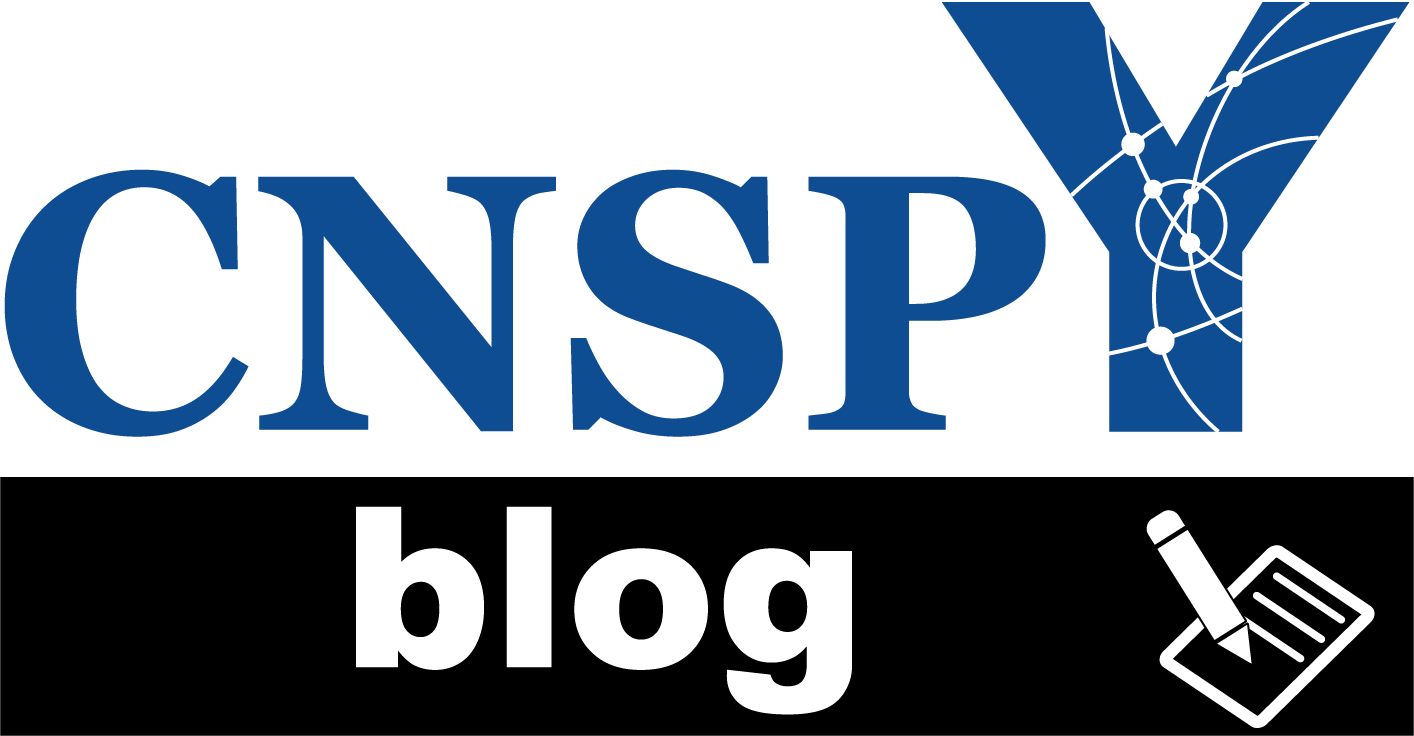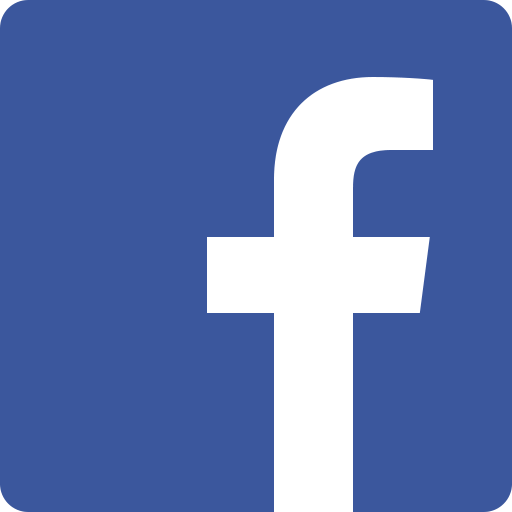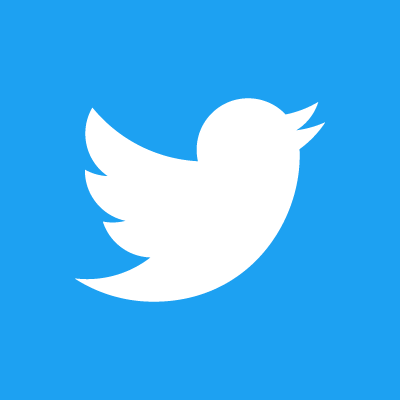Now that Summer is here and in full swing, the CNSPY blog is hosting its second Summer Spotlight Series! We started this series last Summer with guest blogger, Dianna Bartel, Director of Research Communications for the Spiegel lab in the Chemistry Department at Yale, who wrote a 4-post series on how to write science effectively.
This Summer, we’re continuing the Summer Spotlight Series and featuring guest blogger, Tenaya Vallery, CNSPY Executive Board Member and former CNSPY President, as she details the usefulness of LinkedIn as a professional tool for career advancement. Here, in her first post she compares LinkedIn and ResearchGate and highlights the advantages of LinkedIn, especially for those wishing to leave academia. Here’s Tenaya…
LinkedIn! In a series of four posts, we are delving into LinkedIn and discussing its advantages for science PhDs. In this post, I will discuss two popular online platforms used for scientific networking: LinkedIn and ResearchGate. Along the way, I will share examples and insights. Here we go!
Without doubt, you must have a LinkedIn account. LinkedIn is the Facebook of the professional world. Everyone has it, and it is a great resource for staying up to date with your colleagues, companies/organizations related to your field, etc.
Launched in 2003, LinkedIn is a website that connects professionals of all careers, not just scientists. This highly visible website has neat features and evolves rapidly to meet our needs as professionals.
If you want to transition out of academia, LinkedIn is a great tool for that. You can follow companies you are applying to as a way to prepare for your interviews! You will also have access to job postings.
One negative, LinkedIn has also been evolving as a business, with LinkedIn Premium. Some features that were once free are now only available through LinkedIn Premium.
Some of you may be thinking about buying into the LinkedIn Premium package. I caution you against that. Personally, the free LinkedIn account serves my needs and has led to a few exciting opportunities. Moreover I have asked a few recruiters about this. They likewise cautioned against the Premium account, saying “Why pay for something you can get for free?”
As an FYI to current LinkedIn users, expect more changes! Microsoft just purchased LinkedIn. This acquisition may bring more business-like features to increase their profits.
On a whole, LinkedIn is essential for young professionals, even scientists. I strongly recommend you first open an account, develop your profile, and build your network. LinkedIn is an online gateway to your professional world and to new opportunities.
ResearchGate
Launched in 2008, ResearchGate is a publication-centered network for scientists online.
ResearchGate has some research-specific features.
- You are able to upload PDFs of your publications, which helps the scientific community access your research despite journal fees.
- Receive stats on your publications, e.g. number of reads and citations.
- Fellow users are able to direct their questions about your research to you.
- You can follow and connect with colleagues and others in your field or a field you are trying to break into.
- Similar to LinkedIn, you may also find jobs through this website and receive endorsements of your skills.
- You will receive updates on publications coming from peers and connections.
This online platform is very science heavy. You will not find as many recruiters on ResearchGate compared to LinkedIn. But ResearchGate is great for connecting with peers in science and has a feel of ‘open-access.’
Personal Recommendation
I have accounts on both. But I will fully admit that I use my LinkedIn account more. I do like the stats and open-access nature of ResearchGate, but I have not found ResearchGate to be as community-based as LinkedIn. LinkedIn has a lot of group activity, and a lively news feed. ResearchGate on the other hand is slow moving at the moment. Although I love the idea of ResearchGate, I have not received one question yet on my research. I really hope to one day. My standpoint may change with the growing number of business-centered changes to the LinkedIn platform. Other users, myself included, may find ResearchGate more friendly and less corporate-like compared to LinkedIn.
In closing, you should have accounts on both LinkedIn and ResearchGate. I encourage you to invest the energy to develop your LinkedIn profile. In the next three posts, I will go over the basics of LinkedIn and provide some insights into a few neat features of LinkedIn.
Summer Spotlight Series:
- LinkedIn vs. ResearchGate
- Basics Part I: Editing, profile picture, and professional headline
- Basics Part II: Experience section – media, recommendations, endorsements, and publications
- Basics Part III: Invites and InMail
** Set up your LinkedIn and ResearchGate accounts today and let us know which one you prefer! **
Share your thoughts below by clicking the “Leave a Reply” link or by clicking the chat bubble in the top right of the post.








August 13, 2021 at 6:58 am
Thanks
https://comprarcialis5mg.org/
August 28, 2023 at 3:42 am
Tra le novità che replica orologi Rolex propone nel mercato dell’orologeria, il primo orologio resistente all’acqua con datario e fuso orario e, soprattutto, il primo orologio ad essere certificato dal ricercatissimo cronometro. Rolex detiene ancora il record per il maggior numero di organismi di certificazione.
November 10, 2023 at 2:27 am
Rolex è il più grande produttore di cronometri certificati realizzati in Svizzera; probabilmente, più della metà di tutti gli orologi panerai replica certificati COSC (Contr?le Officiel Suisse des Chronomètres) prodotti nel 2005 appartenevano al gruppo e nel 2022 sarà molto di più.
November 12, 2023 at 9:21 pm
Every two years the Only Watch auction is celebrated… But what is it exactly It is a biennial charity auction of unique timepieces created by the finest brands for research Replica Watches on Duchenne muscular dystrophy.
March 25, 2024 at 3:55 pm
I want to express my appreciation for your hard work to compile these blog. Reading is my sparetime hobby. Namaste